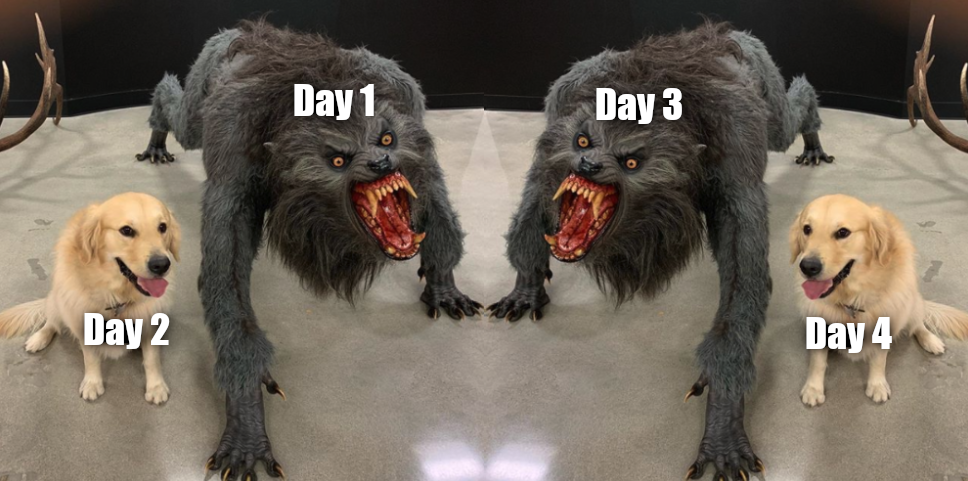this post was submitted on 04 Dec 2023
47 points (98.0% liked)
Advent Of Code
761 readers
1 users here now
An unofficial home for the advent of code community on programming.dev!
Advent of Code is an annual Advent calendar of small programming puzzles for a variety of skill sets and skill levels that can be solved in any programming language you like.
AoC 2023
Solution Threads
| M | T | W | T | F | S | S |
|---|---|---|---|---|---|---|
| 1 | 2 | 3 | ||||
| 4 | 5 | 6 | 7 | 8 | 9 | 10 |
| 11 | 12 | 13 | 14 | 15 | 16 | 17 |
| 18 | 19 | 20 | 21 | 22 | 23 | 24 |
| 25 |
Rules/Guidelines
- Follow the programming.dev instance rules
- Keep all content related to advent of code in some way
- If what youre posting relates to a day, put in brackets the year and then day number in front of the post title (e.g. [2023 Day 10])
- When an event is running, keep solutions in the solution megathread to avoid the community getting spammed with posts
Relevant Communities
Relevant Links
Credits
Icon base by Lorc under CC BY 3.0 with modifications to add a gradient
console.log('Hello World')
founded 1 year ago
MODERATORS
you are viewing a single comment's thread
view the rest of the comments
view the rest of the comments

The struggle is worth it
Rust isn't even that difficult, at least when comparing it to languages that fill a similar niche, like C++.
It's of course more difficult than higher level languages, but for a systems language it manages very well to balance ease of use with the power to code relatively close to the hardware. Rust just has a "slight" entry barrier, with the Borrow Checker being a rather unique feature. Once one has surmounted that, it's surprisingly smooth sailing, because Rust doesn't have nasty surprises. Unless one intentionally does something stupid, the rule is "if it compiles, it works".